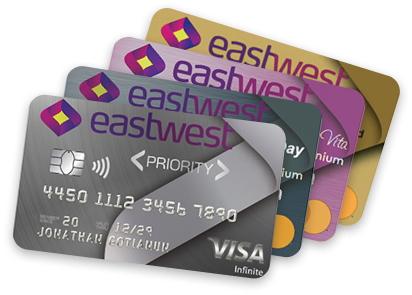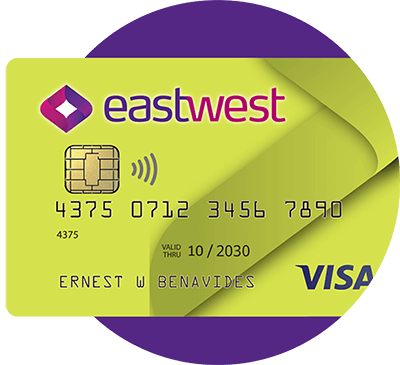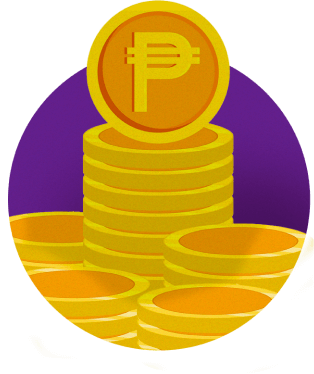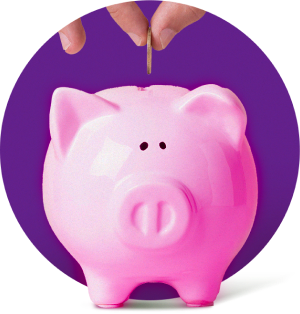Personal loans are becoming more accessible than ever. Financial institutions like EastWest now offer personal loans with easier online application processes and affordable financing term options. These financial products help many Filipinos pay for emergency expenses, fund their education, consolidate their debt, or even start a business.
However, this increased accessibility needs to be tempered with responsible use of money. After all, unfettered access to loans could encourage some people to borrow without fully understanding the long-term responsibilities involved. Without proper planning and a clear repayment strategy, a loan intended to provide relief may instead result in deeper debt or financial strain.
To help you make informed borrowing decisions and avoid accumulating bad debt, here’s a practical guide on how to use personal loans responsibly.
Understand Your Financial Situation First
Before applying for a personal loan, assess your current financial situation. Assess your monthly income, regular expenses, and any existing loans or debts you’re still paying off. Knowing where you stand financially allows you to determine whether taking out a loan is truly necessary or if there are other ways to meet your needs, like adjusting your spending habits or tapping into savings.
It's also important to consider the urgency of your loan requirement. In situations like emergency medical expenses or urgent home repairs, you may have little choice but to borrow money. However, if the need is not immediate or essential, it may be wiser to hold off.
Determine the Amount You Actually Need
Once you’ve confirmed that a personal loan is the right step forward, the next move is to determine exactly how much you need to borrow. Many borrowers make the mistake of borrowing more than necessary simply because they qualify for a higher amount. The problem with taking out more than what’s needed is that it increases the interest you must pay over time and can result in a heavier monthly repayment burden.
. Calculate the total cost of your needs and see how much of that amount you can cover using your own resources. Then, only borrow the remaining amount. It also helps to research the minimum and maximum loan amounts offered by banks. In the case of EastWest’s Personal Loan, we offer a minimum loan amount of PHP 25,000 and up to PHP 3,000,000, subject to approval.
Borrow Money Only for the Right Purposes
One of the most important aspects of avoiding bad debt is ensuring that you are borrowing money for the right amount of time. Responsible borrowing means using loans for productive or necessary purposes or those that contribute to your well-being, financial stability, or long-term progress. Examples include funding your child’s education, covering hospital bills, repairing your home, or financing a business venture that can generate income over time. On the other hand, borrowing to support impulsive spending or luxury purchases can quickly lead to financial trouble. For instance, using a personal loan to book a vacation, buy the latest gadgets you don’t really need, or host an extravagant celebration may feel gratifying in the short term, but such expenses rarely offer long-term value. Moreover, once the enjoyment is over, you’ll still be left with monthly payments that can strain your budget.
Prepare a Realistic Repayment Plan
Before you submit any loan application, take the time to prepare a realistic and sustainable repayment plan. This means calculating how much your monthly payments will be, including interest, service fees, and any additional charges. EastWest provides a loan calculator on their website, which can help you estimate your monthly amortization based on the loan amount and term.
Once you have an idea of the monthly installment, compare it against your monthly income. A good guideline is that loan payments should not exceed 20% to 30% of your net monthly income, especially if you have other financial obligations. If the projected payment doesn’t fit comfortably within your budget, you may need to borrow a smaller amount or choose a longer repayment term to reduce the monthly cost.
Additionally, it’s wise to prepare for unexpected situations that could affect your repayment capacity. Consider building a small emergency fund or leaving enough room in your budget for sudden expenses or temporary loss of income.
Stay on Track after Borrowing
Once your loan is approved and the funds are released, your responsibility as a borrower doesn’t end; it only begins. Firstly, you need to stay on top of your repayment schedule to avoid penalties, additional interest, or negative marks on your credit history.
It’s also important to resist the temptation to take on additional loans while you’re still paying off an existing one. Managing multiple loans at the same time can increase your risk of default and make it harder to stay financially afloat. Additionally, keep copies of all loan agreements, official receipts, and payment records. These documents can help you track your progress and resolve any issues should they arise in the future.
Personal loans are not inherently bad. In fact, they can be a lifeline during emergencies or a stepping stone toward your goals when used responsibly. Having said that, consider adopting the practices mentioned above to avoid the burden of bad debt and take control of your financial future. Ultimately, when you make your loan work for you instead of against you, you set yourself up for greater financial stability and long-term peace of mind.
Apply for EastWest Credit Card?
With a variety of options to suit different needs, EastWest Bank offers competitive rates, valuable rewards, and excellent customer service.









